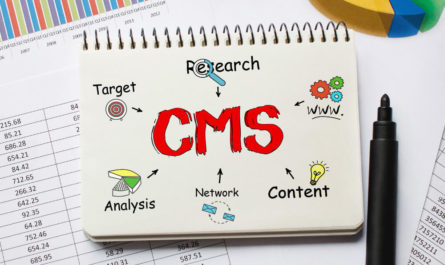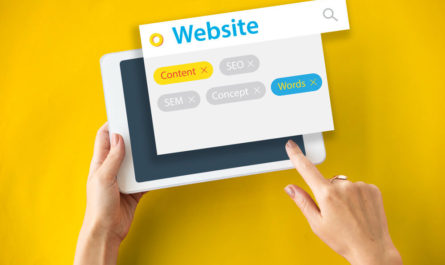WordPress is a popular content management system (CMS) that powers millions of websites around the world. It’s beloved by many for its flexibility, ease of use, and comprehensive feature set. However, it’s not without its drawbacks. In this article, we’ll take a look at three pros and three cons of using WordPress for your website.
Pro #1: WordPress is Free and Open Source
One of the biggest advantages of WordPress is that it’s free and open source. This means that you can download, install, and use WordPress without paying a single dime. Additionally, because WordPress is open source, there is a large community of developers constantly working on improving the software. As a result, you can rest assured knowing that there are people all around the world working hard to keep WordPress secure and up-to-date.
Pro #2: WordPress is Easy to Use
Another big advantage of WordPress is that it’s extremely easy to use—even for complete beginners. The backend interface is intuitive and user-friendly, and it’s easy to find support if you need help getting started. Plus, thanks to the huge selection of themes and plugins available, it’s simple to customize your website to match your exact needs and preferences.
Pro #3: WordPress is SEO Friendly
If you’re looking to make your website more search engine-friendly, then WordPress is a great choice. Thanks to its clean code structure and easy-to-use SEO features, WordPress websites rank highly in search engine results pages (SERPs). However, it should be noted that while WordPress makes it easier to SEO your website, it’s still up to you to make sure that your site is optimised for search engines.
Con #1: WordPress Security Issues
Although the WordPress core software is very secure, security vulnerabilities can arise when using third-party themes or plugins. Additionally, if you don’t take the necessary precautions (e.g., keeping your WordPress installation up-to-date), your website will be more susceptible to attack. That being said, there are steps you can take to mitigate these risks (e.g., using a security plugin), but it’s something you need to be aware of before choosing WordPress as your CMS.
Con #2: Limited Customization Options with Themes
While there are literally thousands of themes available for WordPress websites, sometimes finding one that perfectly meets your needs can be difficult—especially if you’re looking for something specific or unique. Additionally, while most themes come with some basic customization options (e.g., changing colours or fonts), if you want full control over how your website looks and functions, then you’ll likely need to hire a developer to create a custom theme for you—which can get expensive quick!
Con #3: Slow Page Loading Speeds
One downside of using WordPress is that page loading speeds can sometimes be slow—especially if your website isn’t properly optimized or if you’re using a lot of heavy plugins. This can be frustrating for both users and search engines alike—and ultimately impact your bottom line. Fortunately, there are some things you can do to speed up your site (e.g., using caching plugins or optimizing images), but it’s something you need to be aware of beforehand.
Conclusion
WordPress is a hugely popular content management system that enables people all around the world to create beautiful websites with ease. However, it’s not without its drawbacks—namely security risks and slow page loading speeds. Ultimately, whether or not WordPress is right for you depends on your specific needs and preferences as a website owner—but hopefully, this article has given you some food for thought!
This article is posted on ProReview MY.



